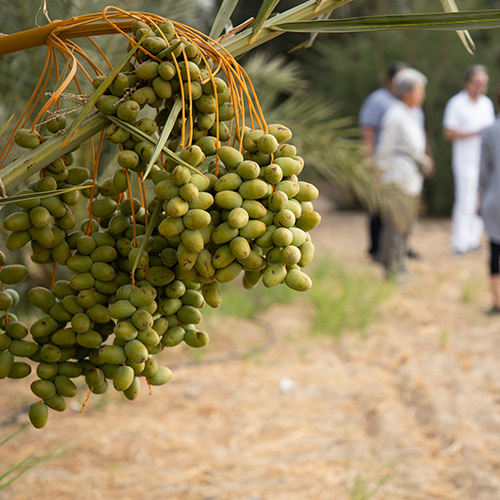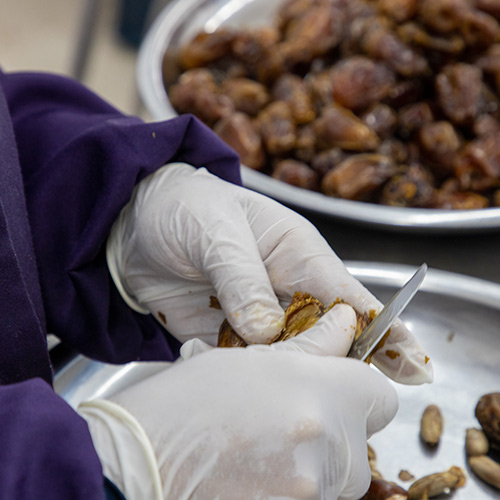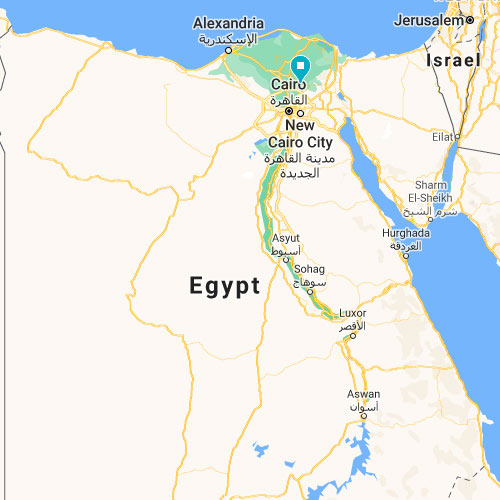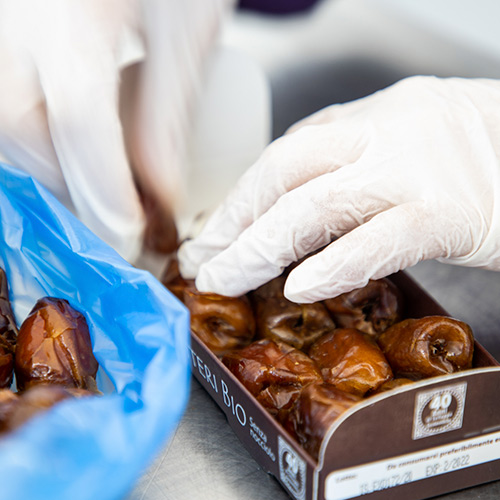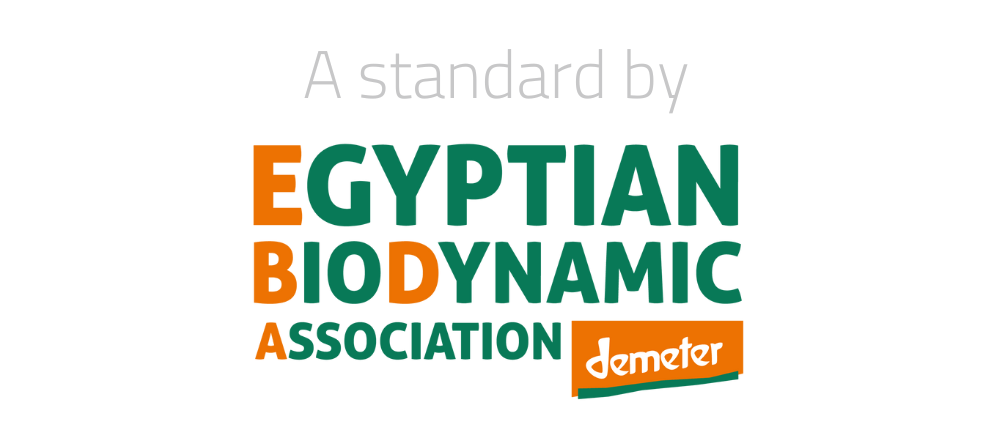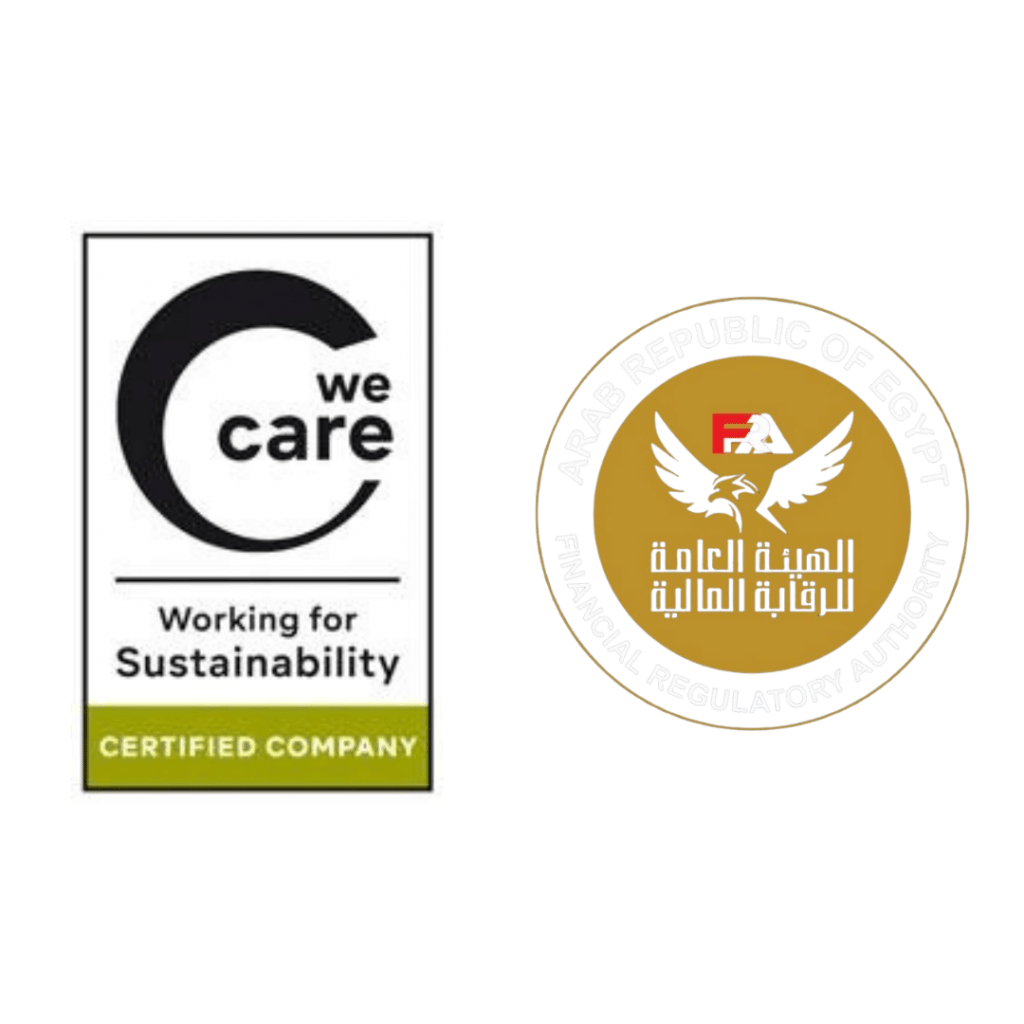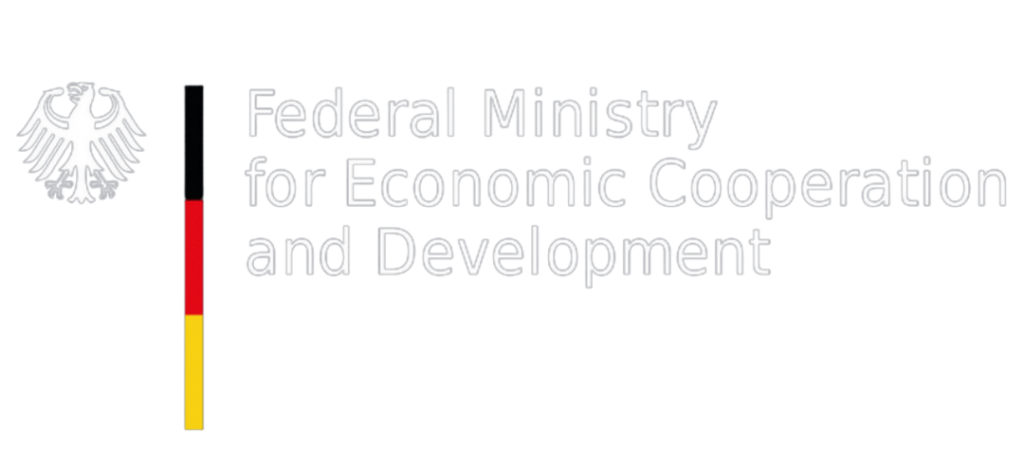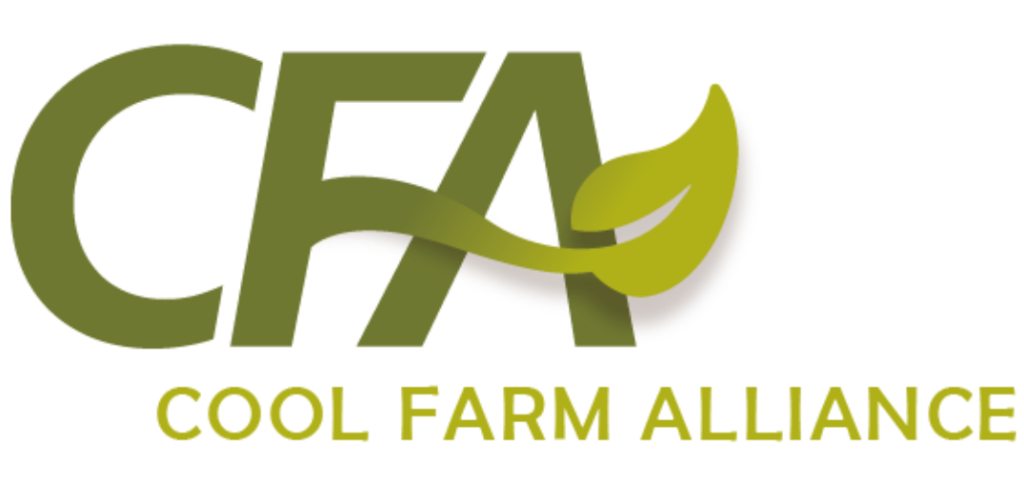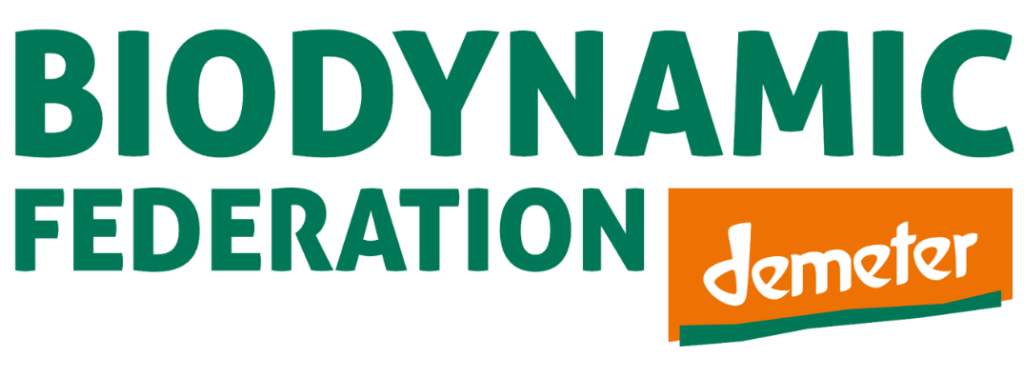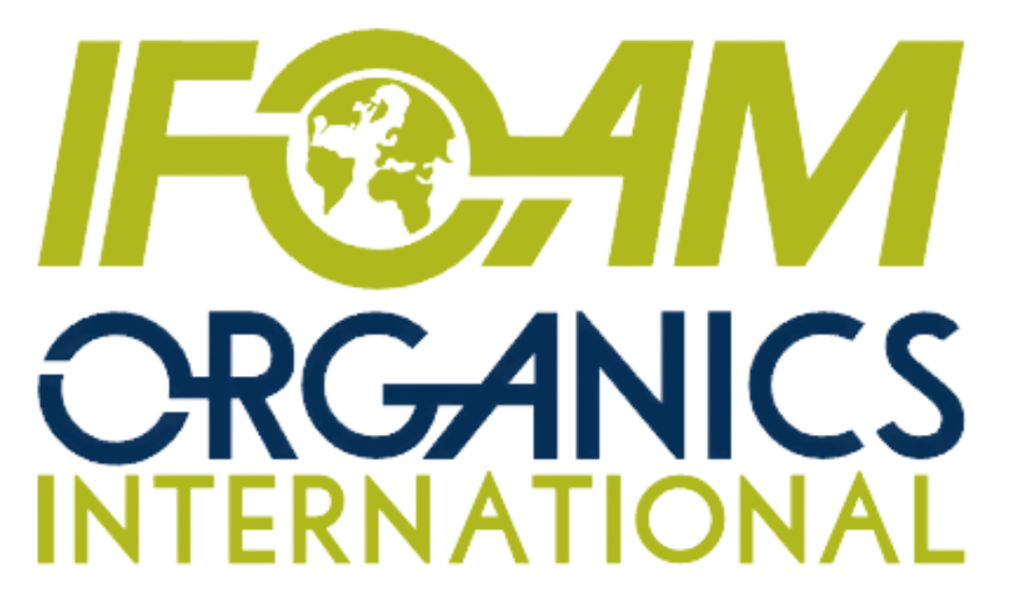Traceback your Product
and explore your
impact on people
& the environment

Creating a
FAIR ECONOMY
21%
of the product price is directly going to the farmers to cover the farm cost and a fair compensation for farmers.
Creating a
FAIR SOCIETY
100%
of full-time employees who worked to produce this product receive health insurance and safe working conditions.
Life Long Learning &
WELLBEING
10%
of the working time is dedicated to art and self-development activities; to promote wellbeing and happines at work.
Protecting the
ENVIRONMENT
were sequestered/absorbed by the soil, per kilo of Dates produced, reducing the impact of agriculture on climate change.
Farming
The SEKEM Dates were grown on three farms in the Wahat El-Baharya, an oasis in central Egypt. The palm trees are growing under biodynamic principles which is the highest recognized organic method supporting the balance of eco-systems and enriching biodiversity.
The Dates are growing without adding chemical fertilizer or pesticides which is actively protecting the water and air from pollution.
Economy of Love Date farms do not monoculture (grow one crop only) Date palm trees. They grow citrus and guava trees, beans, and other crops below and in between the palm trees to enrich biodiversity, and create a healthier, more sustainable, and resilient farm ecosystem.
Meet The Farmers
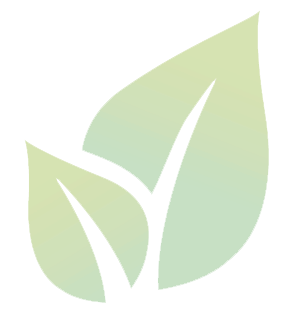
get to the source of production
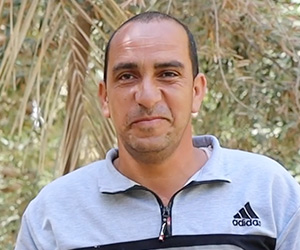
Marzouq
Farmer in El Wahat El Bahareya, Egypt
Marzouq Ahmed and his brother Ibrahim are owners of the El-Rahma Date farm in Baharyais. For over thirty years he and Ibrahim are supplying Sekem with their biodynamic dates.
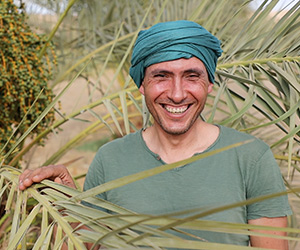
Mohamed
Farmer in El Wahat El Bahareya, Egypt
Mohamed is originally from a small village close to Cairo. He learned and worked on the SEKEM farm and got inspired by combining work with art and culture. Next to his agricultural work, he started teaching arts in school.
Processing
When the Dates arrive at the iSiS Organic Food Company, samples are taken to be tested for compliance with organic/biodynamic standards Then the Dates are cleaned; through a cleaning process in a CO2 boiler, the dates are naturally freed from insects. After that, the Dates are quality checked and Date stones are removed by hand.
Energy-saving measures are taken and renewable energy is promoted to reduce the environmental footprint. Lotus is aiming to run on 100% solar energy by the end of 2021.
100% of the factory wastewater is being recycled and reused for tree irrigation on the factory property.
61% of the organic waste, produced by the iSiS factory, is recycled on the SEKEM compost site, and 79% of the non-organic waste which is being recycled in recycling facilities.
Packaging
The Dates are transferred to the second floor of the iSiS factory. Here another team of strong women is again checking the dates and putting them into the final paper packaging box.
Since its foundation, the iSiS factory has implemented the Core Program which enables all factory employees to engage in courses of art, acting, music, geography, and many more to promote happiness at work.
In addition to the Core Program, iSiS started implementing the EoL EDU program, across the company to give employees the feeling they are part of a community striving towards creating safer work environments, a sustainability mindset and space for wellbeing.
The female power team of the Date department is regularly doing gymnastic exercises with a professional in order to not get any physical tension during work.
Packaging Material
The Dates may be responsibly grown and processed, but its packaging material and the companies from which they are sourced do also have a huge impact on the products’ lifetime, and cannot be neglected.
The paper boxes are produced in a factory close to Cairo. The company is committed to worker safety and Corporate Social Responsibility (CSR) activities.
The plastic used to cover the paper packages is not yet biodegradable or recycled. However, the SEKEM company is currently running several tests to replace it with a sustainable alternative.
The packaging is not just the material, but also the design. iSiS has a team of talented graphic designers, Amir, Waleed, and Mohamed, whom we’d like to show appreciation for their beautiful designs, and hard work.
Distribution
The Date boxes are now ready to be distributed directly to your home, local shops or overseas.
The company’s transportation emissions are calculated and monitored to actively work on reducing them to lower its carbon footprint
Drivers have a limit on the number of hours they can drive per day, to ensure their safety.
Whenever possible, SEKEM chooses sea fright over air in order to reduce emissions.
Meet The Employees

The people who processed, packaged and distributed your product
Marwa
Quality Manager in iSiS
Marwa has been working in the tea department of iSiS factory for more than 8 years. Together with her husband and two children, she lives on the SEKEM farm.
Fatma
Date Ladies, Team Leader
Fatma is part of the team that removes the date-stones in the processing facility of iSiS. She has been working for nine years in the company.
Yasmin
Dates Packaging, Team Leader
Yasmin is in charge of the packaging of Dates in the processing facility of IsIs. She has been working in isis for six years and enjoys the good and healthy team spirit.
Abdallah
Distributor in SEKEM
Abdallah has been an employee in SEKEM for over five years. He is responsible for distributing the finished products to stores all over Cairo.
What is the True Price?

Are there hidden costs that the price doesn't reflect?
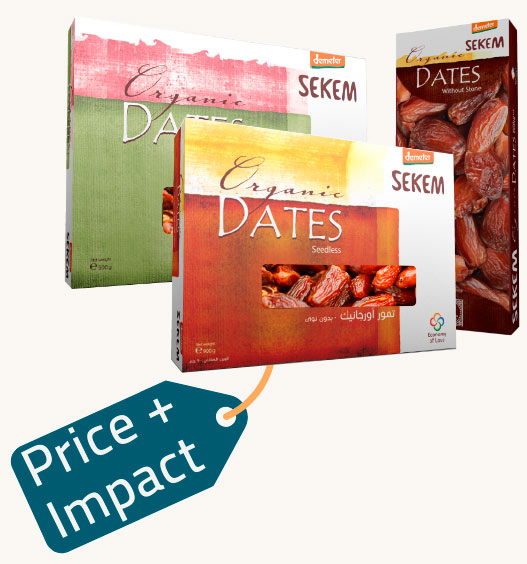
True Price Comparision
Sustainably & ethically produced products add value to society. However, when comparing prices, we don’t take into account the long-term impact of the product. For example, since these Dates are sequestering Co2e it is actually saving up to 0.14USD per kilo! This means that it is cheaper than products that emit Co2e, but so often the price tag doesn’t reflect that.
We encourage you to compare products based on their true price; the price that reflects the hidden costs that we and future generations eventually pay for.

This cultivation of Dates saves up to 0.25 USD/Kilo, by sequestering carbon into the soil.
Examples of Hidden Costs
Costs that are not reflected on the price tag, but are eventually paid by society
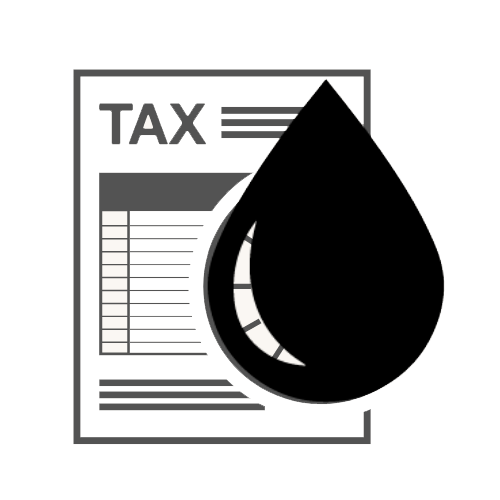
WATER
REPROCESSING COST
Society is paying taxes to clean water sources from agriculture’s chemical fertilizers, pesticides and herbicides, as well as the irresponsible disposal of wastewater from factories, in order to make it usable/drinkable water.

HEALTH COSTS
The use of pesticides in agriculture eventually affects the human body and therefore increases medical treatment costs.
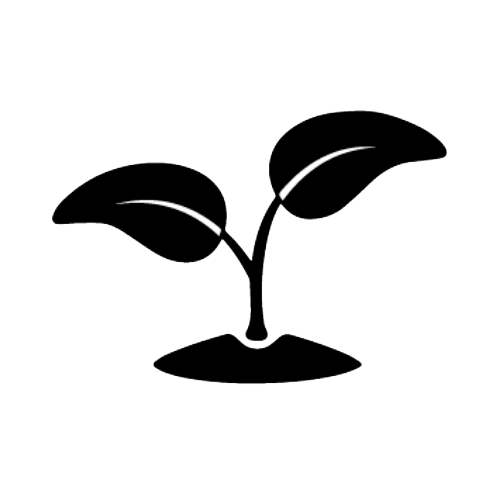
ENVIRONMENTAL
DAMAGE
Society has to bear the long-term cost caused by disruptive agriculture e.g. soil erosion, desertification, loss of biodiversity.
Locations
Check out the locations of all the farms, companies who were involved in making this product!
discover the origin of your product
Skem El-Wahat
Add an optional description to your map pin economyoflove
Rahma
Add an optional description to your map pin economyoflove
We hope this information helped you Choose Your Impact!
And make mindful purchasing decisions that leave a positive impact on people and the environment
Interested to know more about the companies above? Click here to download the SEKEM Sustainability Report


